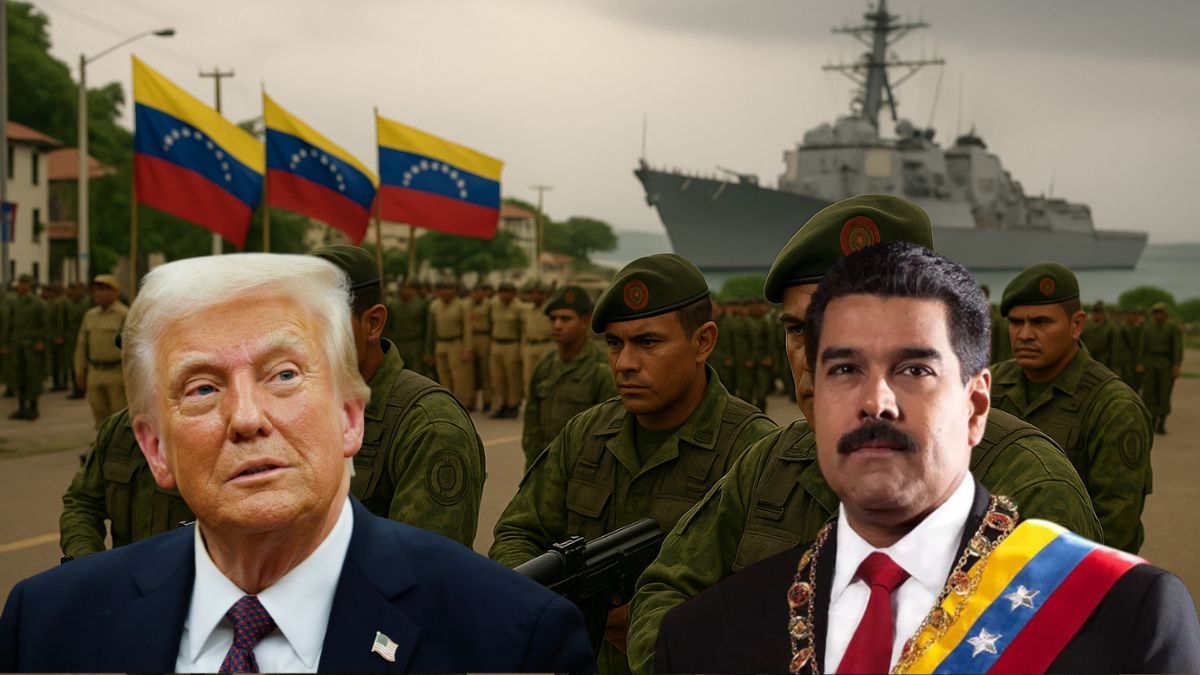Venezuelan President Nicolás Maduro has called for nationwide military and civilian drills this weekend, citing threats from the United States after a string of deadly strikes on suspected drug boats in the Caribbean.
The announcement came on September 25, 2025, just hours after several earthquakes rattled parts of western Venezuela, adding to the climate of unease.
Why is Venezuela holding the military drills?
The United States, under President Donald Trump, has deployed eight warships and a nuclear-powered submarine to the southern Caribbean as part of a declared anti-drug trafficking campaign.
US forces have destroyed at least three suspected narcotics boats in recent weeks, killing more than a dozen people. United Nations experts have condemned the actions as “extrajudicial executions.”
What is the US planning on doing?
According to an NBC report citing four sources, US officials are now weighing options to extend strikes into Venezuelan territory to target traffickers, with possible operations “in the next several weeks.” Trump, who accuses Maduro of running a narco-cartel, has not yet signed off on the plans.
Maduro, however, views the buildup as a cover for regime change. “We are preparing for any scenario that may arise,” he said on September 24, holding up a decree draft on state television that would declare a nationwide “state of external commotion.”
How does Venezuela’s constitution empower the government?
Venezuela’s constitution allows such a measure during external threats, granting the president sweeping emergency powers, including suspension of constitutional guarantees and wider deployment of the military.
The Venezuelan leader has urged citizens to join the defence effort, prompting thousands to enlist in civilian militias. Many have been seen training with weapons in military barracks and neighborhood units.
September 27 drills will involve schools, hospitals, and local communities to test preparedness “for natural catastrophes or any armed conflict,” Maduro said.
How did the Human Rights groups react?
Human rights groups fear the potential decree could be used to curtail freedoms of assembly, movement, and expression. Venezuela already detains hundreds of political prisoners, according to Foro Penal, many of them jailed during unrest following Maduro’s disputed 2024 re-election, which the US and several other countries refuse to recognise.
At the UN General Assembly this week, Colombian President Gustavo Petro condemned the US strikes, urging an international criminal process against Trump for ordering attacks on Venezuelans “not convicted of any crime.”
With quakes shaking the west and US warships at the nation’s doorstep, Venezuela braces for both natural and political aftershocks as tensions escalate.
